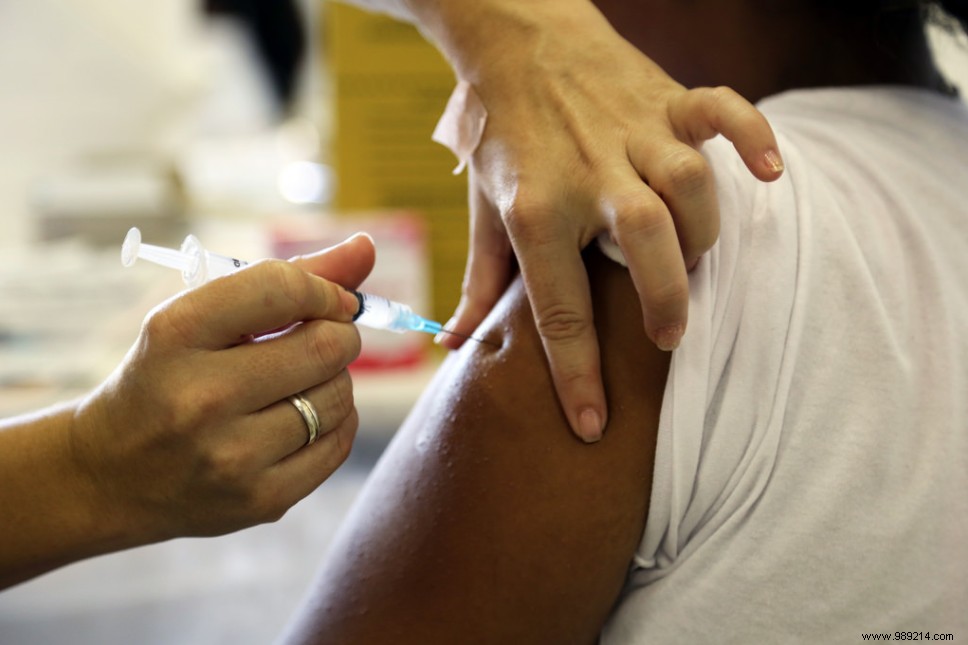The WHO has just approved the first vaccine against malaria, a disease transmitted by mosquitoes and responsible for the death of approximately 500,000 people each year, about half of whom are children in Africa. The new serum isn't perfect, but it will help turn the tide, experts say.
Malaria is an infectious disease caused by several species of parasites belonging to the genus Plasmodium transmitted to humans by infected female mosquitoes of the Anopheles species. The World Health Organization lists more than 200 million cases worldwide annually and nearly half a million deaths , mainly the underprivileged tropical areas of Africa (94% of cases in 2019), Asia and Latin America, including around 260,000 children under the age of five. Repeated attacks can also permanently alter the immune system, exposing much more vulnerable organisms to other pathogens.
To combat the disease, today there are several antimalarial drugs, but they are not perfect. Mosquito nets are also a preventive weapon of choice, but again, they are not sufficient. Also for a long time, doctors and researchers hoped for the development of a vaccine effective enough to prevent the disease. Many candidates have been developed, but none have ever made it past clinical trials. At least so far.
The new serum, developed by GlaxoSmithKline, stimulates a child's immune system to thwart parasites of the Plasmodium falciparum genus. WHO has just approved it based on the results of an ongoing pilot program in Ghana, Kenya and Malawi involving over 800,000 children since 2019 .
During this program, the vaccine was 50% effective against the severe form disease in the first year. Also, the trials did not directly measure the impact of the vaccine on deaths, but we do know that severe malaria accounts for up to half of malaria deaths.
So despite these results, experts believe that this vaccine could make a real difference. According to a modeling study done last year, it could indeed prevent up to 5.4 million cases and 23,000 deaths in children under five each year once deployed in countries with the highest incidence of malaria.
Furthermore, another trial of the vaccine in combination with preventive drugs given to children during high transmission seasons also found that the dual approach was much more effective in preventing infections. serious illnesses, hospitalizations and deaths than either method alone.

Having a safe, moderately effective malaria vaccine ready for distribution is "a historic event" , said Dr Pedro Alonso, director of the WHO Global Malaria Programme. Using this serum, in addition to existing tools to prevent malaria, could save tens of thousands of young lives every year , experts say.
The next big step will be to determine if the vaccine is a worthwhile investment. Gavi, the global vaccine alliance, will do that. If the organization's board approves the serum (which is not guaranteed), Gavi will fund the purchase of doses for countries that request them. This process should take at least a year. If successful, these doses can then be distributed. From then on, the vaccine will be given in three doses between 5 and 17 months, and a fourth dose about 18 months later.